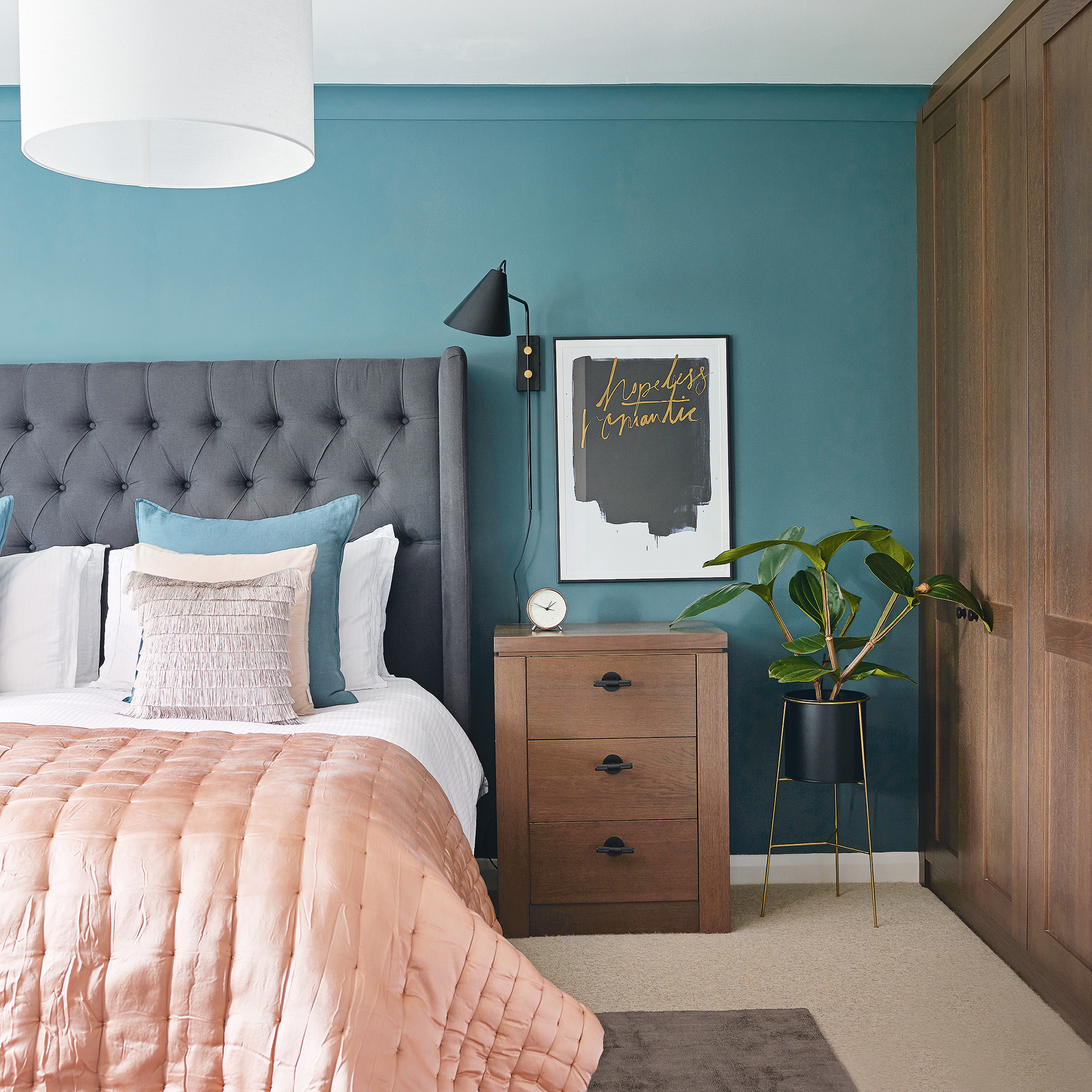
We all know how important it is to get consistently good sleep, and as much as we might not like to admit it, sharing the bed with a partner can sometimes disrupt this.
Whether it's from restless movement or loud snoring, drifting off to dreamland suddenly becomes a lot more difficult, and if any of this feels relevant to you, know that you're not alone. In a recent study by Dreams, over a quarter of Brits (27%) admitted to sleeping much better when they are alone.
The obvious solution is to go bed at a different time to your partner, so you can get to sleep before they have chance to disturb you. Experts have revealed that a 90 minute window is needed to be able to fall into a deep enough sleep though, which might not sound like a realistic solution to you.
Fortunately, good sleep comes from a number of factors, and the most important is having the right sleep set-up. The best mattresses are a real game changer, and you'd be surprised at just how much they can do to help minimise partner-related sleeping problems.
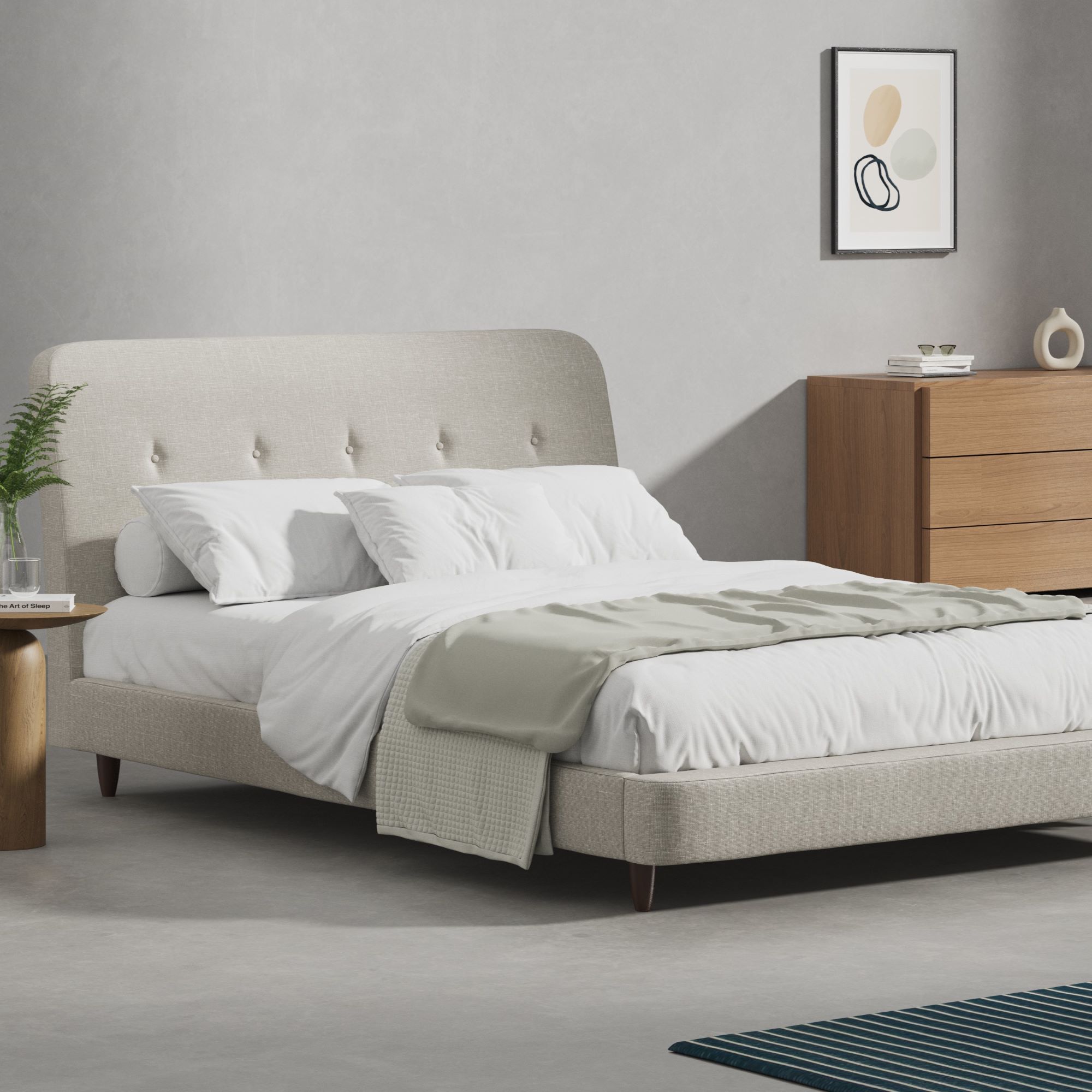
Partner disturbing sleep
If you feel like you've already got the best pillows and the best duvets on your bed, but you're still having trouble sleeping thanks to your partner, there are things you can do. Sleep experts have revealed why partner-disturbed sleep can be problematic, and what you can do to lessen its impact.
Sleeping with partner - good or bad?
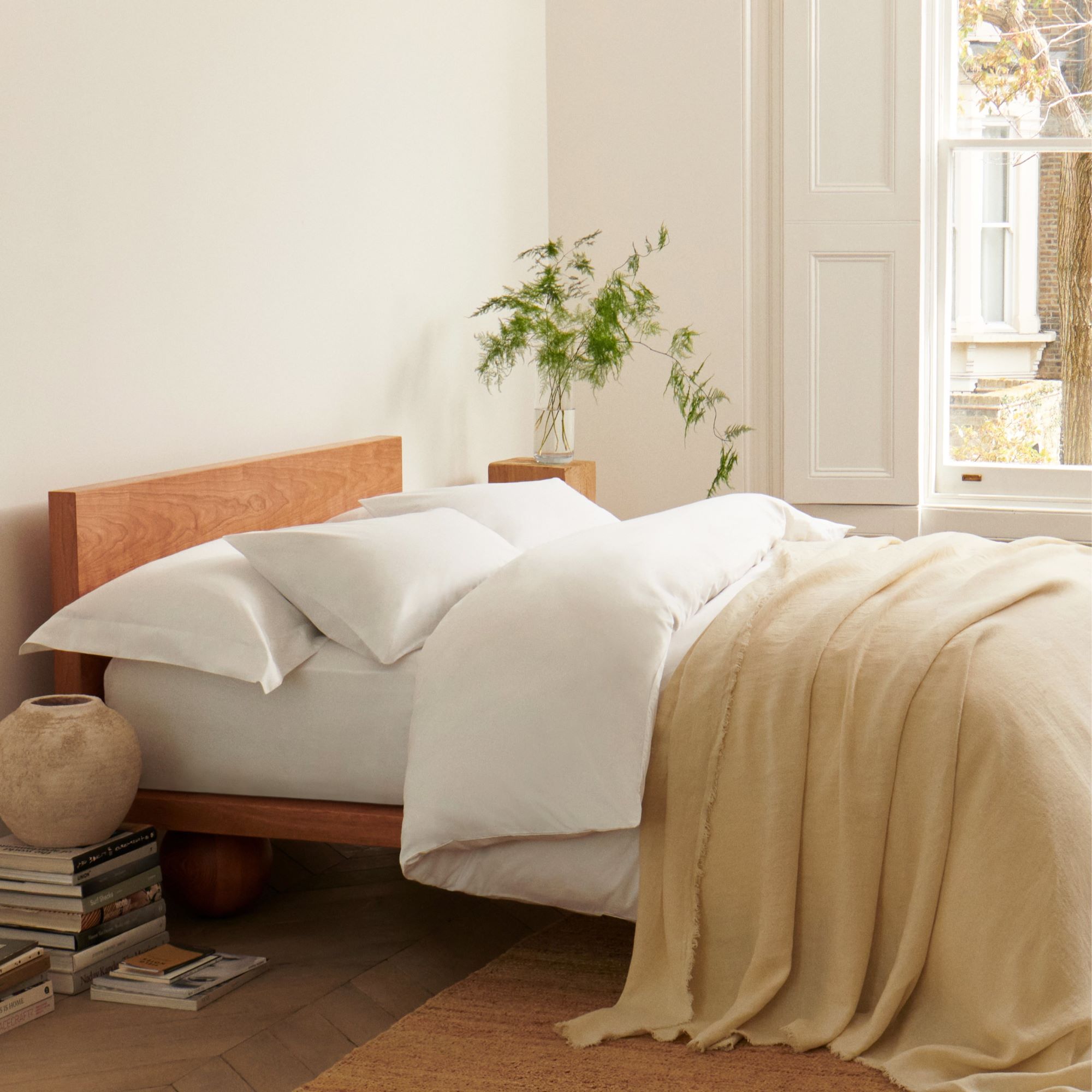
The pros and cons of sharing a bed with a partner is probably a conversation you've had before. It's a divisive topic, with many people feeling like they sleep better when their partner is in the bed, and others feeling the exact opposite.
'Sleeping with a partner can have its benefits. Skin-to-skin contact can help to release the hormone oxytocin associated with feelings of relaxation which can help you to fall asleep and stay asleep,' says Theresa Schnorbach, Sleep Scientist, Emma - The Sleep Company. 'Studies have also suggested that a benefit of sharing a bed is increased REM sleep, which is important for emotional health as well as learning and memory.'
But a lot of people are still wondering how to sleep better because they're struggling to enjoy sleeping with a partner. The recent sleep study by Dreams, involving 15,000 Brits, found that there's been a 71% increase in the number of people going to bed at a different time to their partner, compared to 2016.
Snoring has always been the stand-out problem people experience when sleeping with a partner. But even if your other half is a silent sleeper and you don't lie awake listening to them snore, you might still find that they are disrupting your sleep simply by moving.
Going to sleep separately
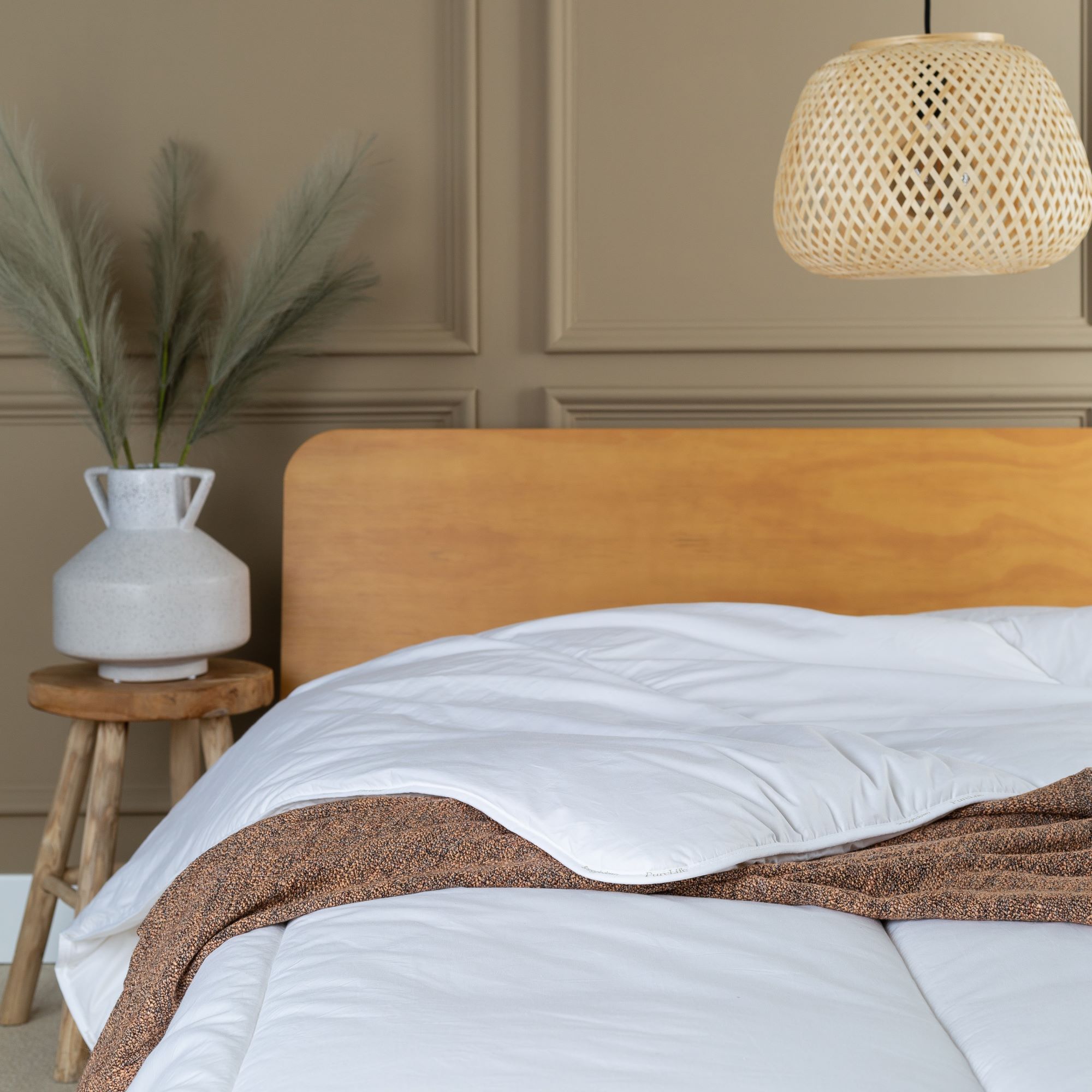
'Snoring, sudden or restless movement, or body heat can cause disturbances to rest that cause sleep fragmentation and lower sleep efficiency,' says Theresa Schnorbach. 'This can have a huge impact not only on sleep but also on the emotional connection between partners.'
You may also find you're too hot to sleep next to a partner and be frantically looking for ways to keep a bedroom cool. Going to bed before your other half could solve many of these problems. Sammy Margo, Sleep Expert at Dreams recommends going to bed significantly earlier - ideally, an hour and a half.
'This is the optimal time because it allows you to get to your deep sleep stage before the other person even gets into bed,' she explains. 'This way, you still reap the benefits of the intimacy of sharing a bed with your partner, without the frustration of struggling to get to sleep next to them. Plus being open to this shows you care about your partner and their needs, it’s not a sign your relationship is on the rocks!'
What else can you do?
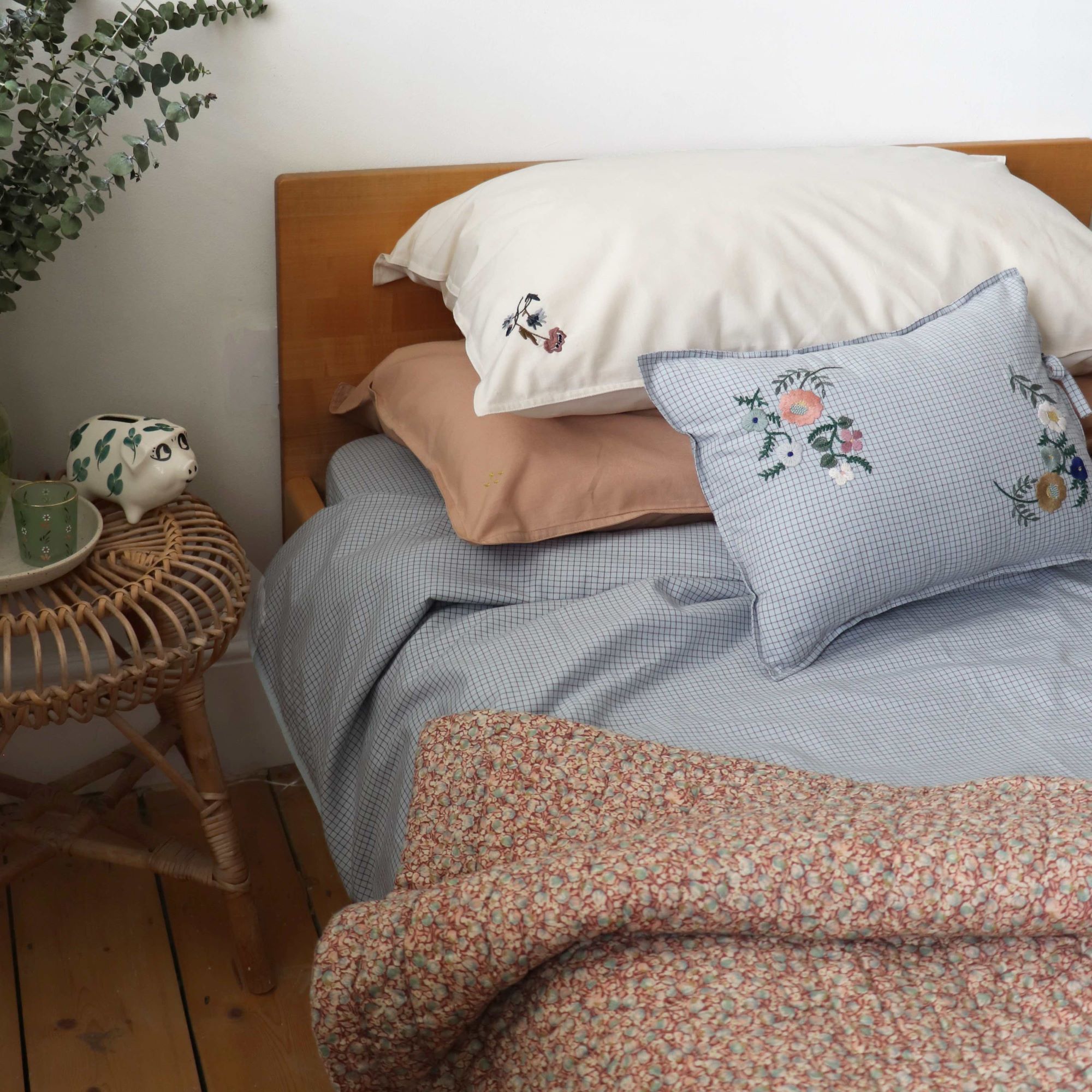
If you're already in a deep sleep before you partner comes to bed, restless movement and snoring are less likely to wake you up. But going to bed 90 minutes before your partner isn't always feasible. Unless you're on different work schedules, you're probably going to want to go to sleep at a similar time.
Fortunately, there are other things you can do to lessen the impact of a partner disturbing your sleep. Most important is having a bed set-up that supports you and your partner correctly. Modern mattresses are designed with an array of impressive features that can help keep partner disturbance to a minimum.
'Look for a mattress with good motion isolation properties - meaning the mattress absorbs and minimises movement transfer, so when your partner moves or gets out of bed it’s less likely to disturb your side of the mattress,' says Mary Love, Head of Product & Innovation, Simba.
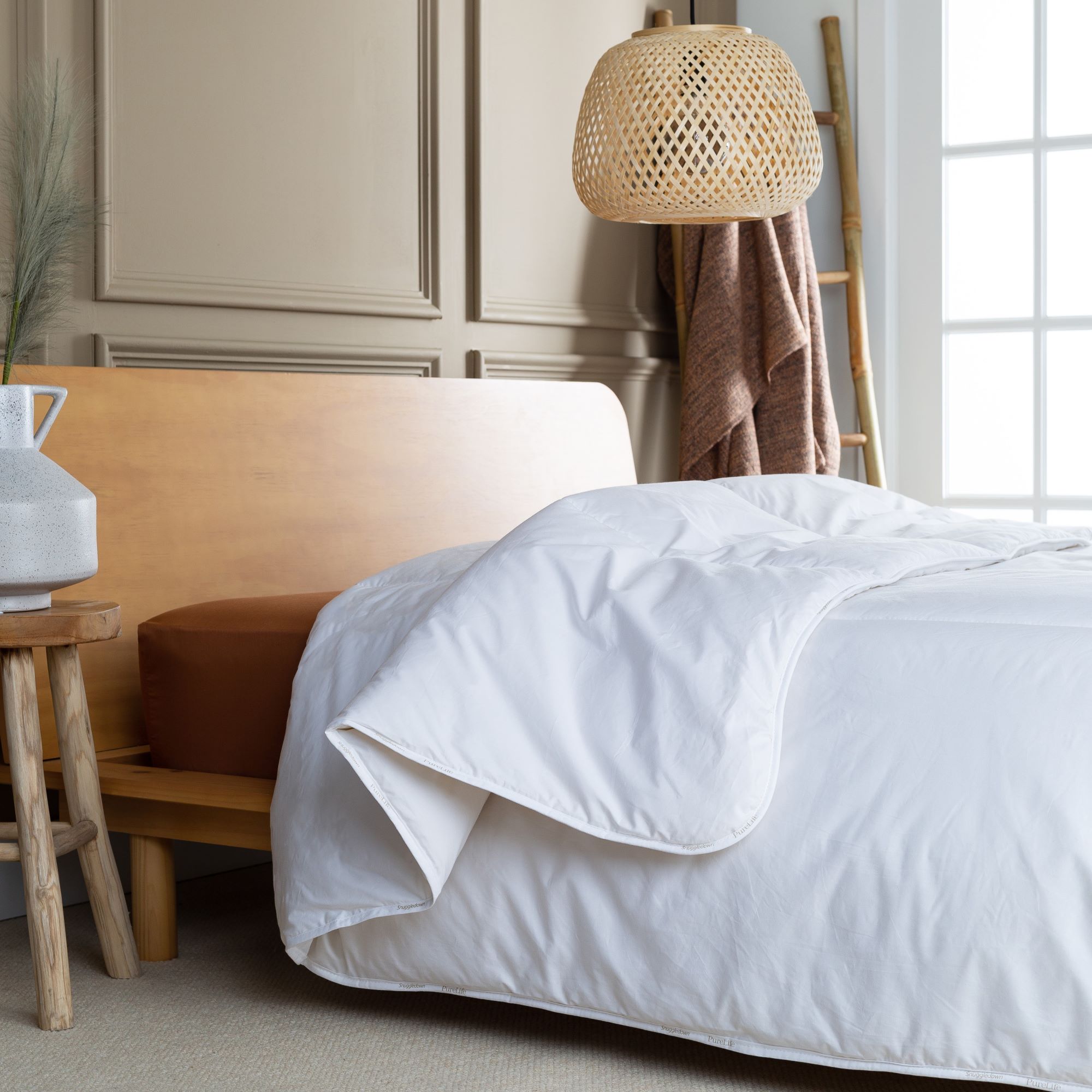
We asked the Ideal Home team's resident sleep expert, Amy Lockwood, for her advice on getting a better night's sleep.
'If a restless partner is disturbing your sleep, or you find that your other half climbing into bed regularly wakes you up, then swapping your mattress to one with better motion-isolation could be the answer' she says. 'Opting for a mattress with a memory foam top layer will help to dampen the movements of your bed partner making for a less disturbed sleep'.
Here are three of her top choices of motion-isolating mattresses...
Best motion-isolating mattresses
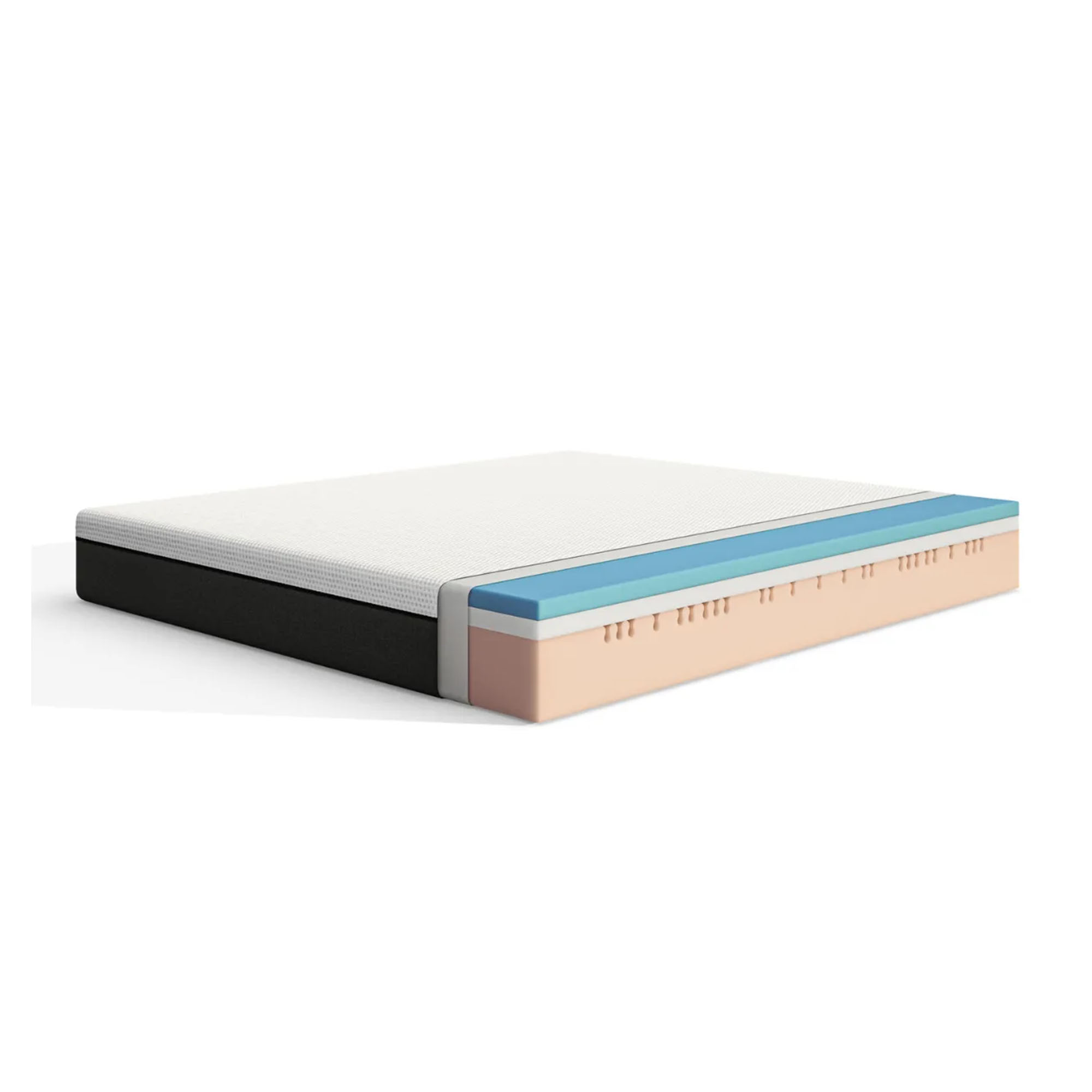
'The Emma Original mattress is an all-foam affair which means it's great for absorbing the tossing and turning of a restless sleep companion. It's also very affordable, especially as you'll often find it with up to half price off in the brand's regular sales, and it comes delivered rolled up in a box which makes it perfect for any bedroom with awkward access.'

'If you don't like the idea of going all-foam, then Simba's Hybrid mattress offers the best of both worlds, combining a pocket-spring base with a memory foam upper layer that minimises movement and dampens the effects of a fidgety partner. You'll also find it regularly featured on our mattress deals page'.
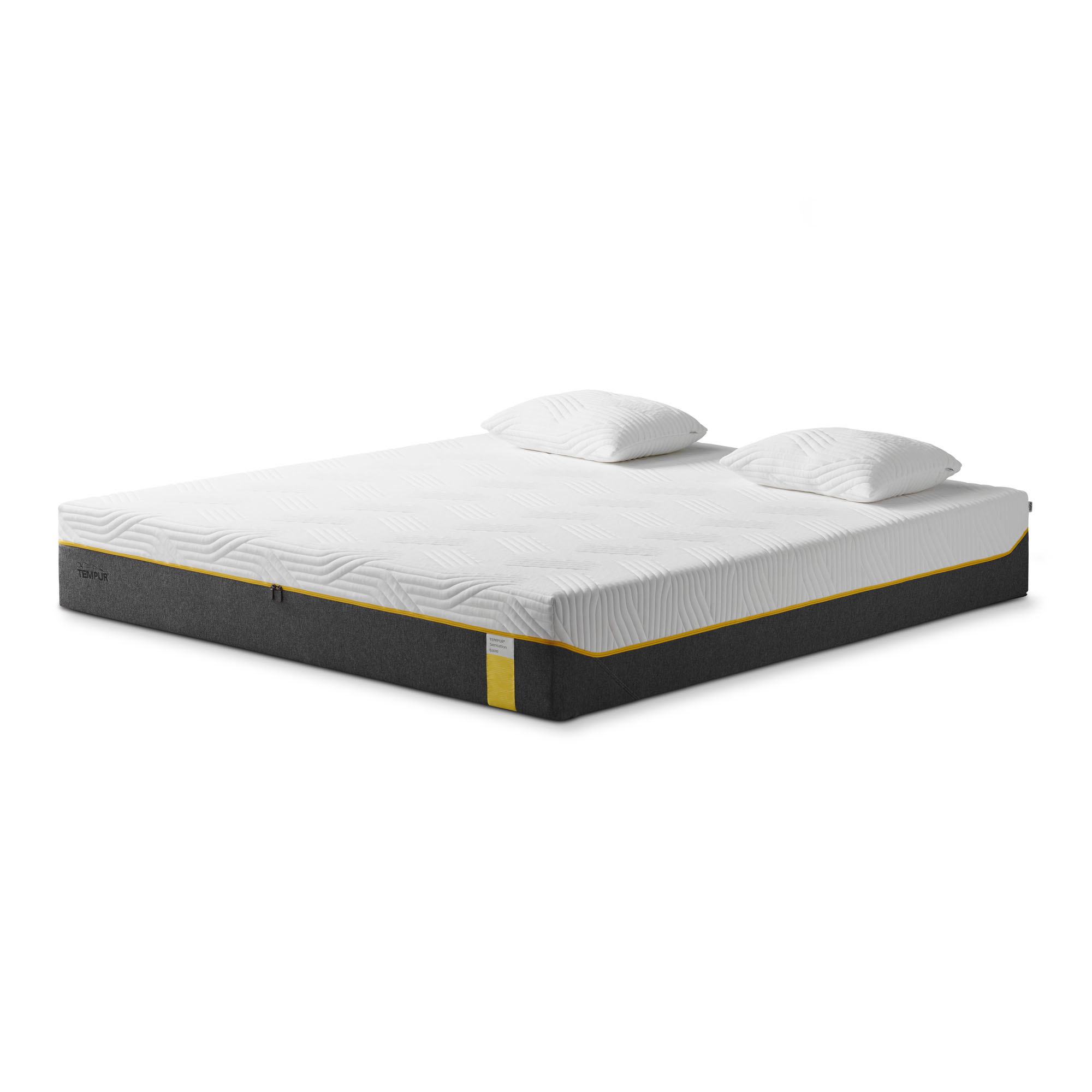
'It's an investment, but the Tempur Sensation Elite mattress is one of the best mattresses I've tested when it comes to motion isolation. It's also one of the few memory foam mattresses that offers a choice of firmness levels, so you can pick the exact right surface tension depending on your body weight and sleep preferences'.
More mattress features that will help you sleep better
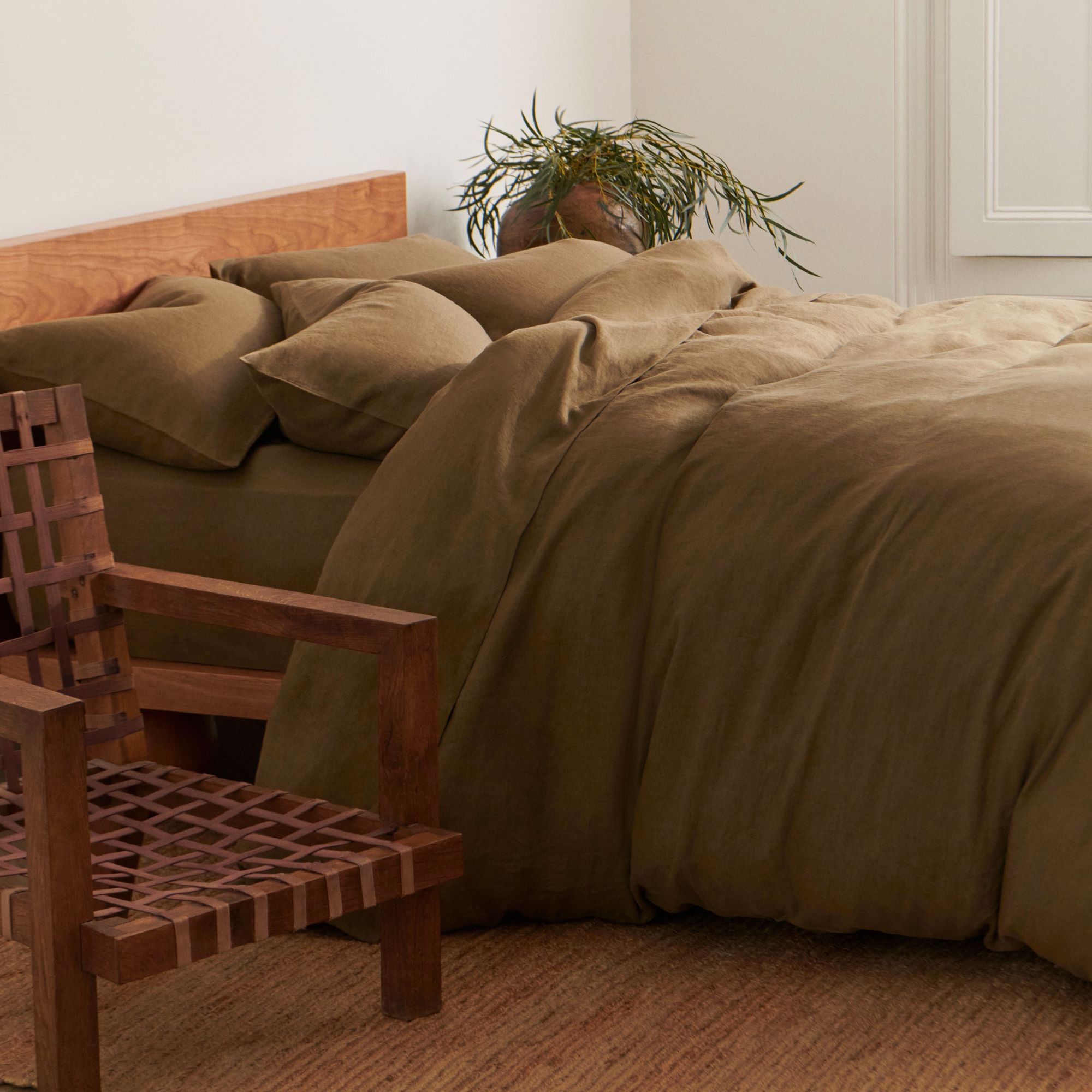
Motion-isolating mattresses should be a high priority if you're suffering from partner-disturbed sleep. Mary from Simba points out the following features to look out for that will help minimise disruption.
- Firmness level - generally, a medium to medium-firm mattress can help prevent disturbances caused by your partner's movements, while a softer mattress may allow for more sinking and motion transfer.
- Zoned support - consider a mattress with zoned support, where different areas of the mattress offer varying levels of firmness or support. This feature can accommodate different body types and sleeping positions, enabling you and your partner to find individual comfort without significantly affecting each other's sleep.
- Edge support - adequate edge support can help prevent disturbances when your partner sits or moves near the edge of the bed. Look for a mattress with reinforced edges, such as the Simba Hybrid mattress, where edge-to-edge springs are featured in the mattress base, allowing you to sleep on the edge of your bed… without the fear of falling out!
- Noise reduction - some mattresses may produce noise when pressure is applied, which can potentially disturb sleep. Look for mattresses with materials or design elements that minimise noise, such as pocketed coils or foam layers.
Happy with your current mattress? Try a mattress topper instead
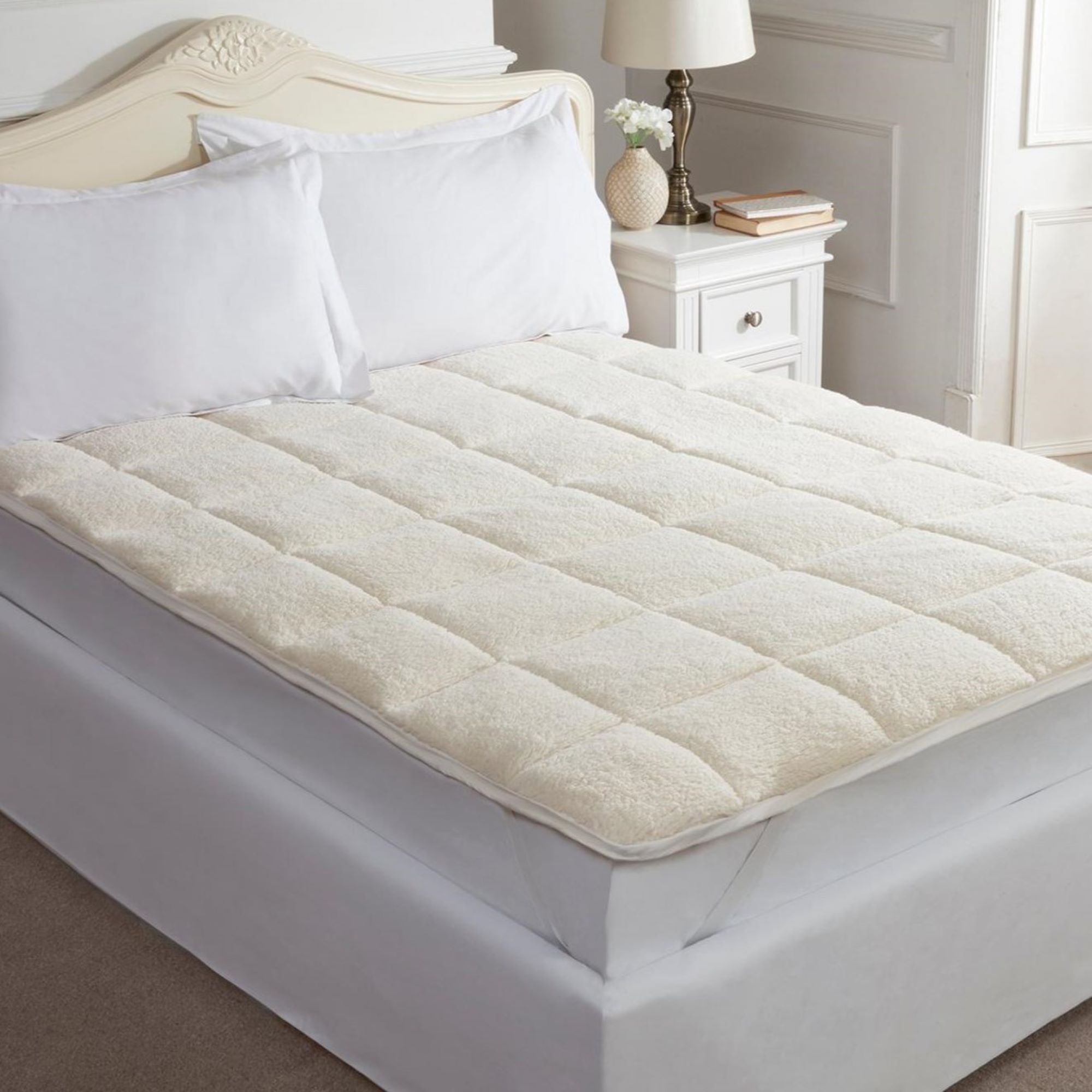
'If your budget won't stretch to a new mattress then all is not lost. You could achieve a similar motion-dampening effect whilst keeping hold of your existing mattress by adding a memory foam mattress topper to the bed,' says Ideal Home's Amy.
The best mattress toppers can be a gamechanger for helping minimise partner-disturbed sleep. And if being too hot is your issue, look at best cooling mattress toppers instead.
Best motion-isolating mattress topper
'This 5cm deep memory foam mattress topper scored highly with our reviewers thanks to how well it cushioned pressure points at the hips and shoulders, but it also did a great job of absorbing the movement of a restless bed partner – especially when added to notoriously bouncy pocket-spring mattresses. What's more, it has cooling properties that impressed our reviewers by keeping things breathable on even the hottest summer nights'.







